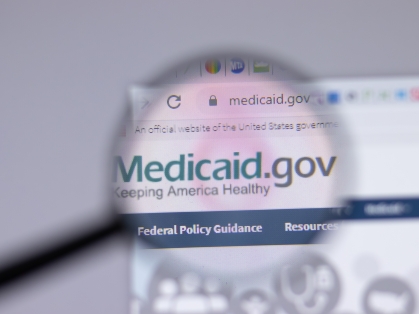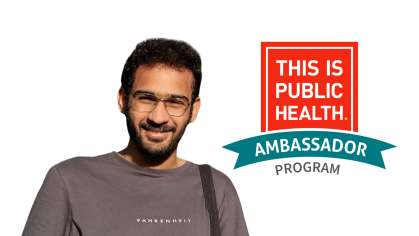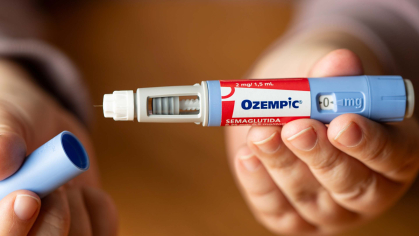Keeping the 'Public' in Public Health
Learn more about the impact our community is having on the health of people and populations.

Living near green spaces before and during pregnancy as well as in early childhood is associated with a reduced risk of neurodevelopmental disorders, according to Rutgers Health researchers.

Older adults with HIV are prescribed opioids at a higher rate and are more likely to have indicators of opioid use disorder than those without HIV, according to Rutgers Health researchers.

‘Our power, our planet’ is the theme for this year’s Earth Day 2025, taking place on April 22. It is a global call to action focusing on renewable energy, aiming to triple the production of clean electricity by 2030.
Wendy M. Purcell, a global expert in sustainability and vice chair for education in the Department of Environmental and Occupational Health and Justice at the Rutgers School of Public Health, explores the connections between planetary and human health.

Medicaid plays a crucial role in the U.S. healthcare system, providing coverage to millions of individuals, including children, older adults, and people living with disabilities.
We sat down with Gwyneth M. Eliasson, an assistant professor at the Rutgers School of Public Health, in recognition of Medicaid Awareness Month to break down what Medicaid is, who it serves, and what’s at stake.
Staying Connected
The Scarletter is the school's seasonal newsletter, reporting on student, alumni, faculty, and staff research, achievements, and impact. You can learn more about the Scarletter and read past issues here.
Public Health Will Change the World

LGBTQ public health is not a niche issue, it is central to the mission of public health itself. In “LGBTQ Public Health Is Public Health: Advancing Equity When Institutions Falter,” published in the American Journal of Public Health, Perry N. Halkitis, dean of the Rutgers School of Public Health, and Kristen D. Krause, assistant professor and previous director of the school’s LGBTQ Health concentration, trace the evolution of LGBTQ health from grassroots activism during the HIV/AIDS epidemic to its growing institutional presence in academic public health.















